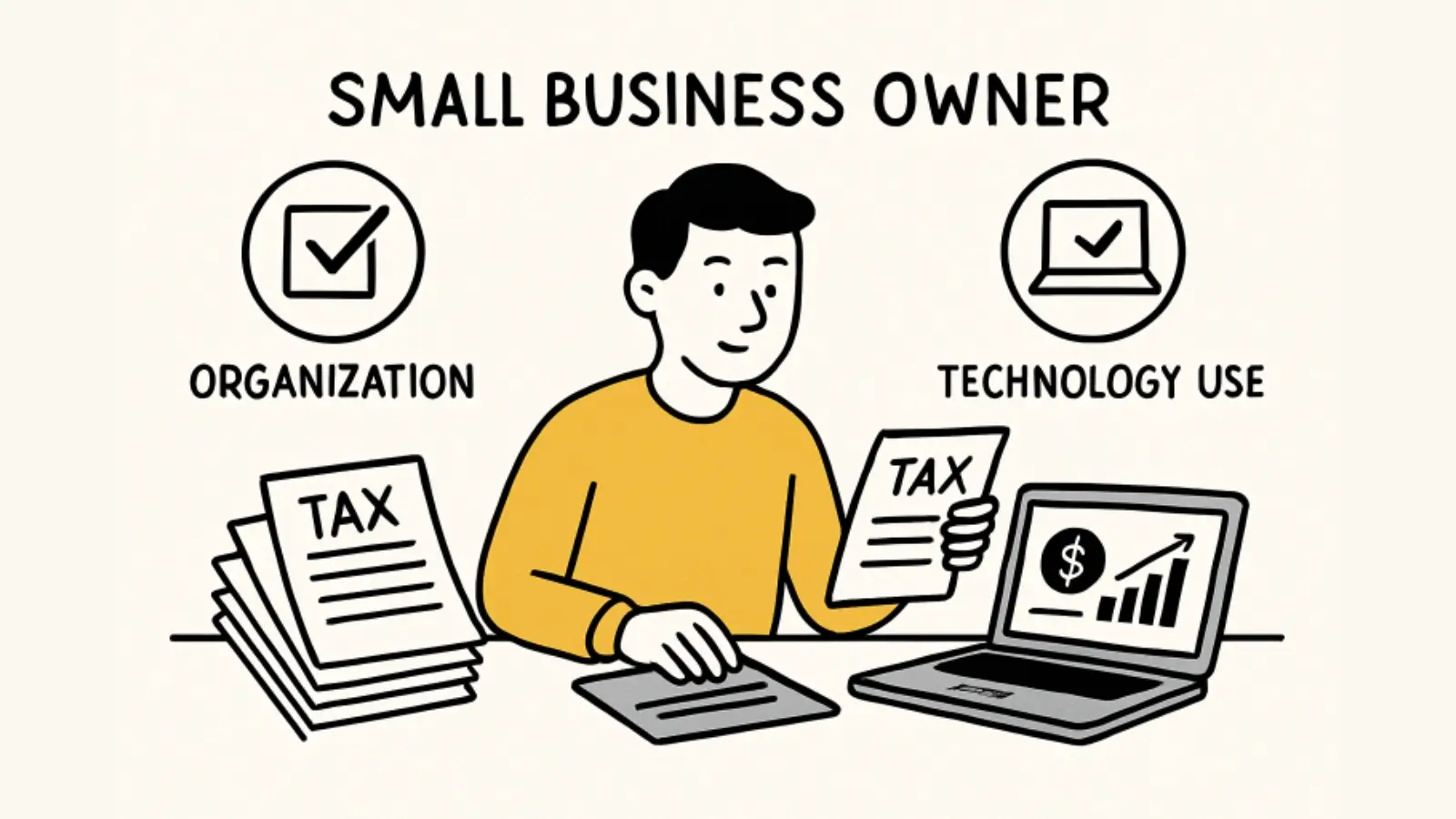When planning for retirement, it’s important to find investment options that align with your financial goals. Real estate has always been a solid choice, offering steady returns and the potential for long-term growth. Recently, real estate crowdfunding has become a popular way for investors to enter the market. But is it suitable for your retirement planning? Let’s dive into the benefits, risks, and key considerations to help you decide. Does real estate crowdfunding align with long-term retirement strategies? Opulatrix bridges the gap for investors exploring its potential suitability.
What is Real Estate Crowdfunding?
Real estate crowdfunding is a method that allows multiple investors to pool their money together to invest in a real estate project, typically online through a platform. Instead of purchasing an entire property on your own, you can invest a smaller amount in a large-scale property or development. These platforms typically allow investors to buy shares of the project, offering a chance to earn returns through rental income or property appreciation.
The attraction lies in the ability to invest in real estate without the hassles of direct property ownership. Crowdfunding gives you access to high-value projects that might otherwise be out of reach. This model has made real estate investing more accessible, especially for those looking to diversify their portfolios.
Potential Benefits for Retirement Planning
Real estate crowdfunding can bring several benefits to your retirement plan, especially if you’re looking to diversify beyond traditional stock and bond investments.
- Diversification: One of the main advantages of real estate crowdfunding is diversification. You’re not relying on a single asset class. Real estate can offer a different risk-reward profile compared to stocks or bonds. With crowdfunding, you can spread your investment across different properties or projects, lowering your exposure to any one venture.
- Steady Cash Flow: Many real estate crowdfunding projects offer the potential for regular cash flow. Rental properties can provide monthly income, which could be appealing for retirees looking for passive income streams. These funds can be used to supplement other retirement savings, such as Social Security or pension plans.
- Low Initial Investment: Real estate traditionally requires large sums of money upfront, making it difficult for many investors to get involved. Crowdfunding breaks this barrier, allowing investors to start with relatively small amounts of capital. This opens up the possibility for those with limited funds to still invest in the real estate market.
- Exposure to High-Quality Projects: Crowdfunding platforms often provide access to larger, professionally managed real estate projects. These opportunities would typically be out of reach for individual investors. By participating in crowdfunding, you can invest in prime locations and developments that have been vetted by experts, offering the potential for higher returns.
The Risks to Consider
While there are benefits, it’s important to understand the risks that come with real estate crowdfunding, especially when it’s tied to your retirement planning.
- Market Risks: The value of real estate can fluctuate, just like stocks. Economic downturns, changing property values, or shifts in the local market can affect the performance of the property you’ve invested in. If the real estate market takes a hit, your returns may suffer, or worse, you could lose your investment.
- Liquidity Concerns: Unlike stocks or bonds, real estate is not a liquid asset. Once you’ve invested in a crowdfunding project, you may not be able to easily sell your shares or get your money back until the project has been completed or sold. This can be a problem if you need access to your funds quickly.
- Platform Risk: Crowdfunding platforms vary in quality. Some may have a better track record and more transparency than others. It’s essential to research the platform before committing your money. If the platform fails or has issues with managing funds, it could directly impact your investment returns.
- Fee Structure: Many real estate crowdfunding platforms charge management fees, performance fees, and other costs that can eat into your returns. It’s important to understand the fee structure upfront to ensure that the investment still makes sense for your retirement goals. The costs may vary depending on the platform and type of project.
Conclusion
Real estate crowdfunding can be an interesting option for those looking to invest in property without the traditional hurdles of direct ownership. It offers the potential for passive income, diversification, and exposure to high-quality projects. However, like any investment, it carries risks such as market fluctuations, liquidity concerns, and platform fees.

















